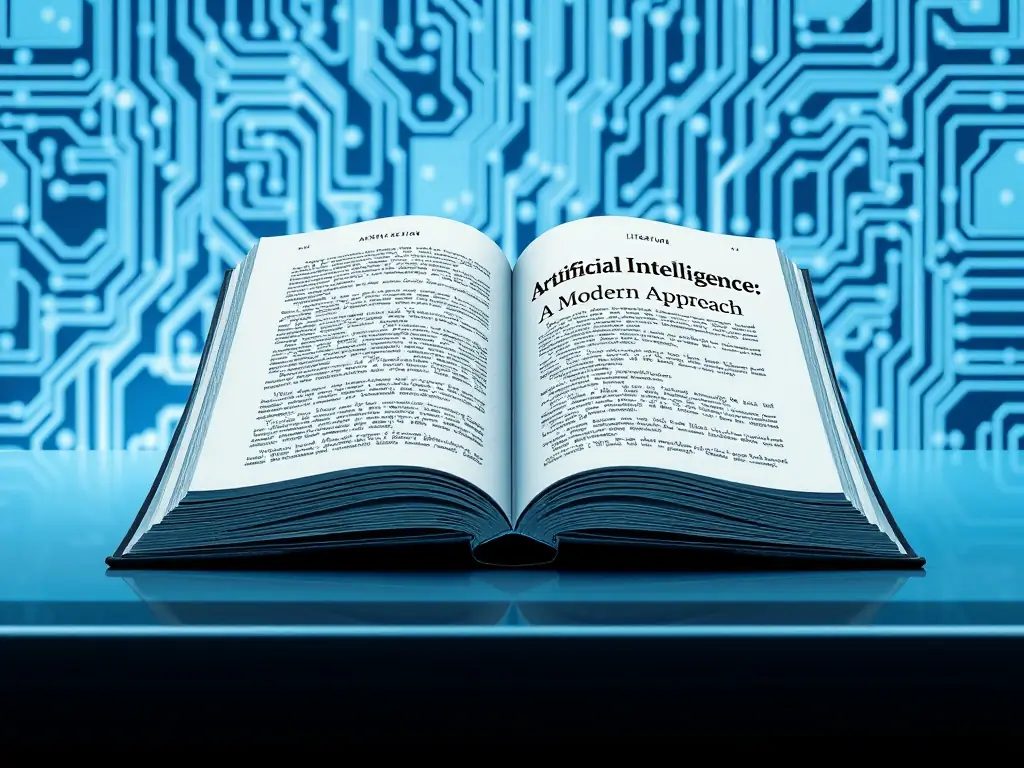Artificial intelligence (AI) is no longer a concept of the future; it is a part of our everyday lives. From virtual assistants like Siri and Alexa to recommendation algorithms on streaming services, AI is enhancing our experiences and making tasks easier. These technologies analyze data and learn from user interactions, providing personalized solutions that cater to individual preferences. As AI continues to evolve, its applications are becoming more sophisticated and widespread.
In the healthcare sector, AI is revolutionizing patient care and diagnostics. Machine learning algorithms can analyze medical data to identify patterns and predict outcomes, leading to more accurate diagnoses and treatment plans. This technology not only improves patient outcomes but also streamlines administrative processes, allowing healthcare professionals to focus more on patient care. The integration of AI in healthcare is a prime example of how technology can enhance human capabilities.
However, the rise of AI also raises important ethical questions. As we rely more on these technologies, we must consider issues such as privacy, bias, and job displacement. It is crucial to establish guidelines and regulations that ensure AI is used responsibly and ethically. By fostering a dialogue about these challenges, we can harness the benefits of AI while mitigating its risks.




